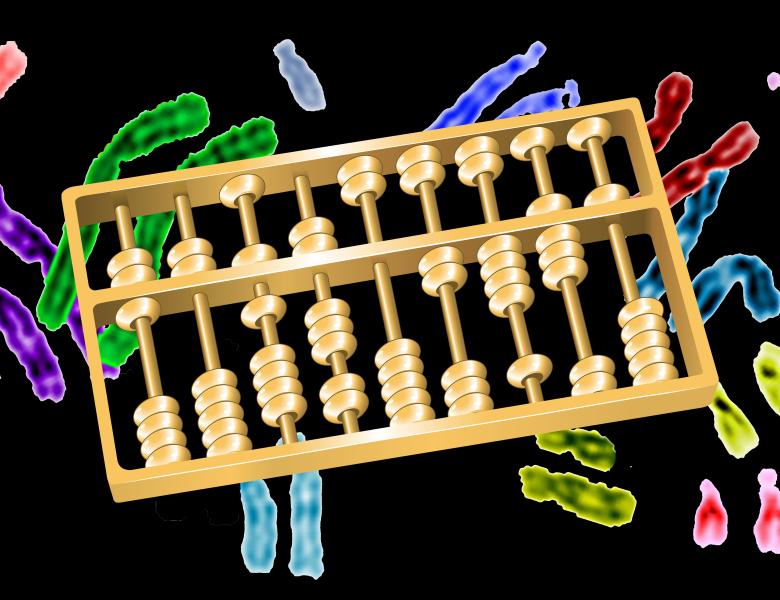Within a given form of cancer, two patients usually do not share the same set of mutations and can even have none in common. This lack of similarity makes it difficult to compare tumour mutation profiles. To overcome this problem, methods have been proposed to identify shared disrupted pathways. Notably, diffusion processes over gene-gene interaction networks have been used to identify shared mutated subnetworks. We will focus on the prognostic power of mutation profiles and show that diffusion can greatly enhance survival predictions compared to the raw tumour sequences. We will also present a simpler method that restricts the diffusion to the neighbours of mutated genes, and show that it performs at least as well as fully diffused mutation profiles. Finally, for this new method as well as for the existing ones, we will highlight the importance of a normalisation step that virtually reduces all patients to have the same number of mutations.
